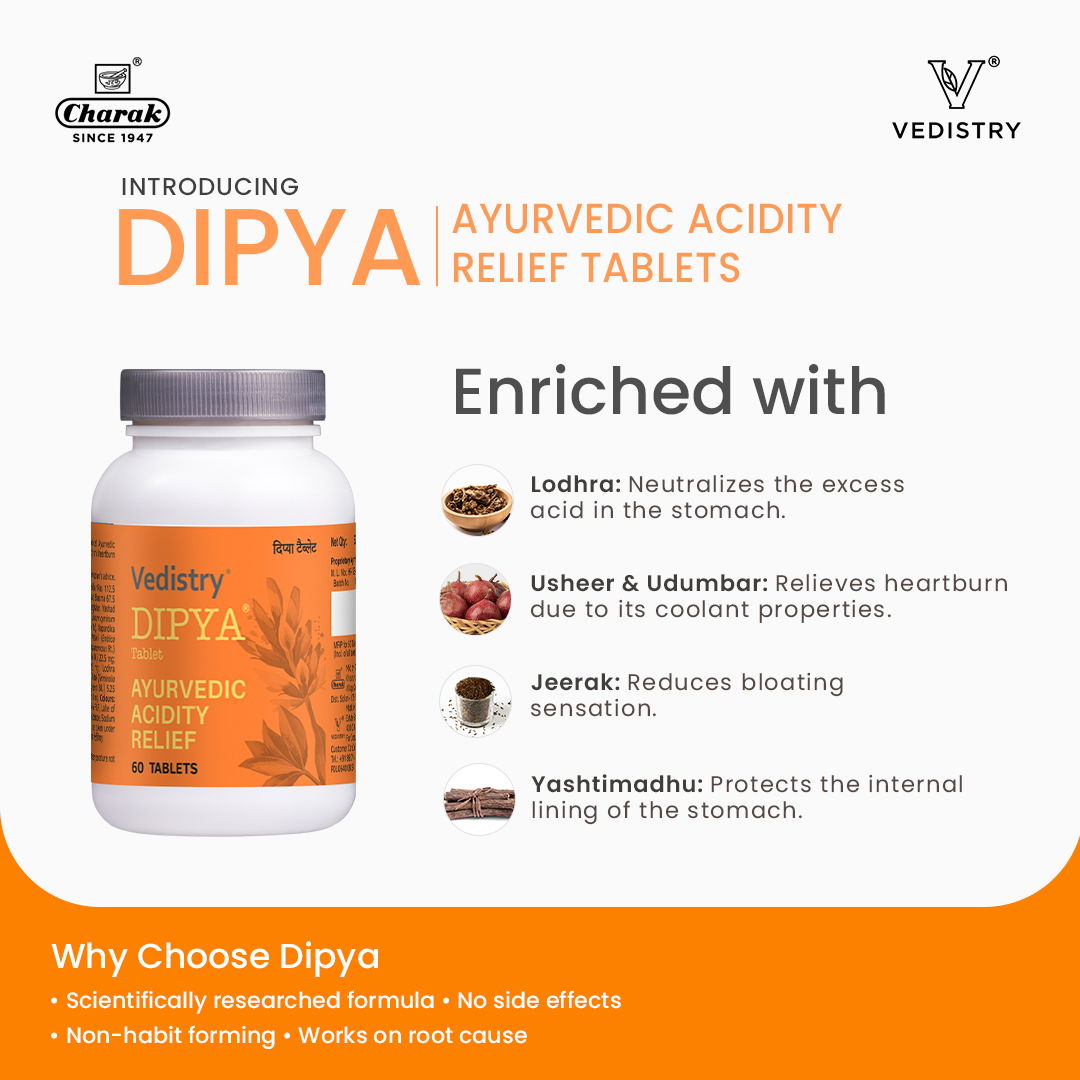Hyperacidity is a digestive issue that arises when the stomach produces too much acid. This excess acid can lead to uncomfortable sensations like heartburn, acid reflux, and a general sense of digestive unease. The condition occurs when the body's natural barriers against acid reflux weaken.
Understanding Hyperacidity:
Hyperacidity happens when your stomach produces too much acid, leading to discomfort like burning sensations. This imbalance occurs when the body’s natural barriers that keep acid in the stomach weaken, allowing it to flow back up. Factors like diet, stress, and lifestyle choices can contribute to this issue, making it feel worse after meals or when lying down. Recognizing these triggers can help you navigate your day more comfortably.
Recognizing Hyperacidity:
Individuals dealing with hyperacidity may experience a burning feeling in the chest or throat, especially after meals. The unpleasant taste of sour liquid or undigested food rises in the throat. Occasional nausea or a need to vomit. Stomach discomfort, particularly in the upper abdomen, is often accompanied by bloating.
Ayurveda’s Approach to Hyperacidity (Amlapitta):
In Ayurveda, hyperacidity is known as Amlapitta, which translates to "sour pitta." Ayurveda views digestion through the balance of the three doshas: Vata, Pitta, and Kapha. When Pitta (responsible for digestion and metabolism) becomes aggravated due to specific dietary or seasonal factors, it turns sour, leading to digestive discomfort.
Dietary & Lifestyle Tips for Alleviating Acidity:
Modify your diet: Avoid spicy, sour, and salty foods that tend to upset digestion. Incorporate cooling and soothing foods like buttermilk and coconut to help balance excess heat (Pitta) in the body.
Eat mindfully: Don’t skip meals or overeat. Instead, eat regularly and in moderation to support a healthy digestive rhythm.
Stay hydrated: Reducing caffeine and alcohol intake can significantly ease discomfort.
Stay Active: Engaging in regular physical activity can effectively help manage acidity. Simple exercises, like walking, promote better digestion and prevent the buildup of excess stomach acid. Staying active enhances blood circulation, which supports the digestive system, creating a more balanced environment and reducing discomfort
Incorporate Yoga: Try gentle poses like Balasana for relaxation, Marjaryasana-Bitilasana to stimulate digestion, and Paschimottanasana to calm your mind and body. Practicing these regularly can help you find balance and comfort.
Key Herbs for Relief from Acidity:
Natural herbs that help ease hyperacidity:
Yashtimadhu (Licorice): Reduces heartburn and acid reflux by soothing the stomach lining and healing ulcers.
Usheer: Alleviates burning sensations, gas, and bloating with its anti-inflammatory properties.
Jeerak (Cumin): Enhances digestion by stimulating enzyme secretion, which breaks down food and reduces bloating and pain.
Amla: Rich in vitamin C and antioxidants, Amla supports healthy digestion by improving metabolism and preventing bloating.
By incorporating these herbal remedies and adjusting lifestyle habits, hyperacidity can be managed naturally and effectively.
By incorporating these herbal remedies and adjusting lifestyle habits, hyperacidity can be managed naturally and effectively.

